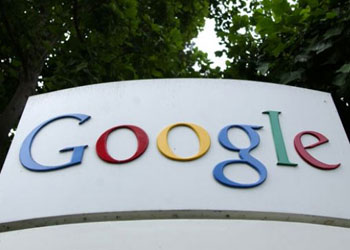  Google and Cisco Systems have forged a long-term patent cross-licensing agreement, hoping to set an example for others tempted to trade with what some people call patent privateers.
The deal they are announcing Tuesday covers the majority of each company’s patent portfolio, Cisco and Google officials said. They declined to discuss financial terms.
But senior lawyers for the two companies say the ultimate value is in the protection they’ll receive against future lawsuits–not just from each other, but from anyone who might end up with patents covered by the agreement.
Cisco and Google have been among the most vocal in Silicon Valley in lobbying for patent reform and other measures to curb what are sometimes called “patent assertion entities”–or more derisively, patent “trolls.” These firms don’t sell products or services, existing instead to assert patents that are usually purchased from other companies.
The notion of privateering is a newer twist.
Some companies that do invent technologies want to get value out of their patents without suing competitors directly, a tactic that could invite countersuits. Instead, they forge deals with assertion firms that file suits in their own names but share any proceeds with the patent holder. The practice has prompted comparisons to privateer ships in the days of pirates, which were authorized by governments to attack foreign shipping.
Cisco and Google aren’t very likely to sell patents to privateers. But if for some reason they did, the deal would still bar patents covered by the cross-license from being enforced against either company, said Dan Lang, Cisco’s vice president in charge of intellectual property.
More broadly, the companies believe they can show value from warding off future suits that outweighs any potential proceeds a company might expect from litigation through proxies.
“This is a better solution to the privateering that we are seeing,” said Allen Lo, Google’s deputy general counsel for patents.
The agreement follows a similar one that Google struck with Samsung Electronics last week. Lo said Google plans to sign other cross-license deals along the same lines.
Google and Cisco have been tangling with trolls on multiple fronts.
In November, the Rockstar consortium backed by Apple and Microsoft sued Google as well as many manufacturers of smartphones that run its Android operating system for violating patents involving smartphone designs and features.
And two weeks ago a federal judge ordered Google to pay potentially hundreds of millions of dollars per year to a tiny company called Vringo that had sued Google based on patents it acquired from Lycos.
For its part, Cisco last year unveiled a novel strategy against two patent trolls it has been battling, accusing them of racketeering. |